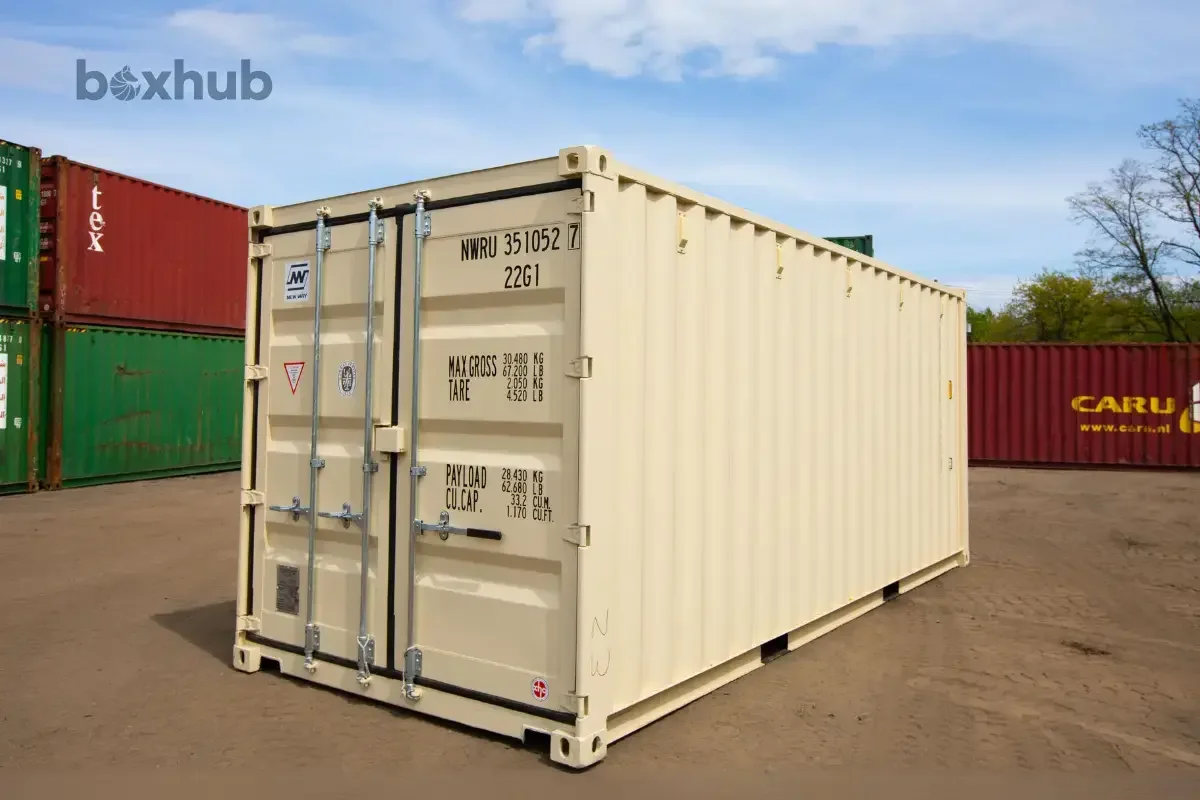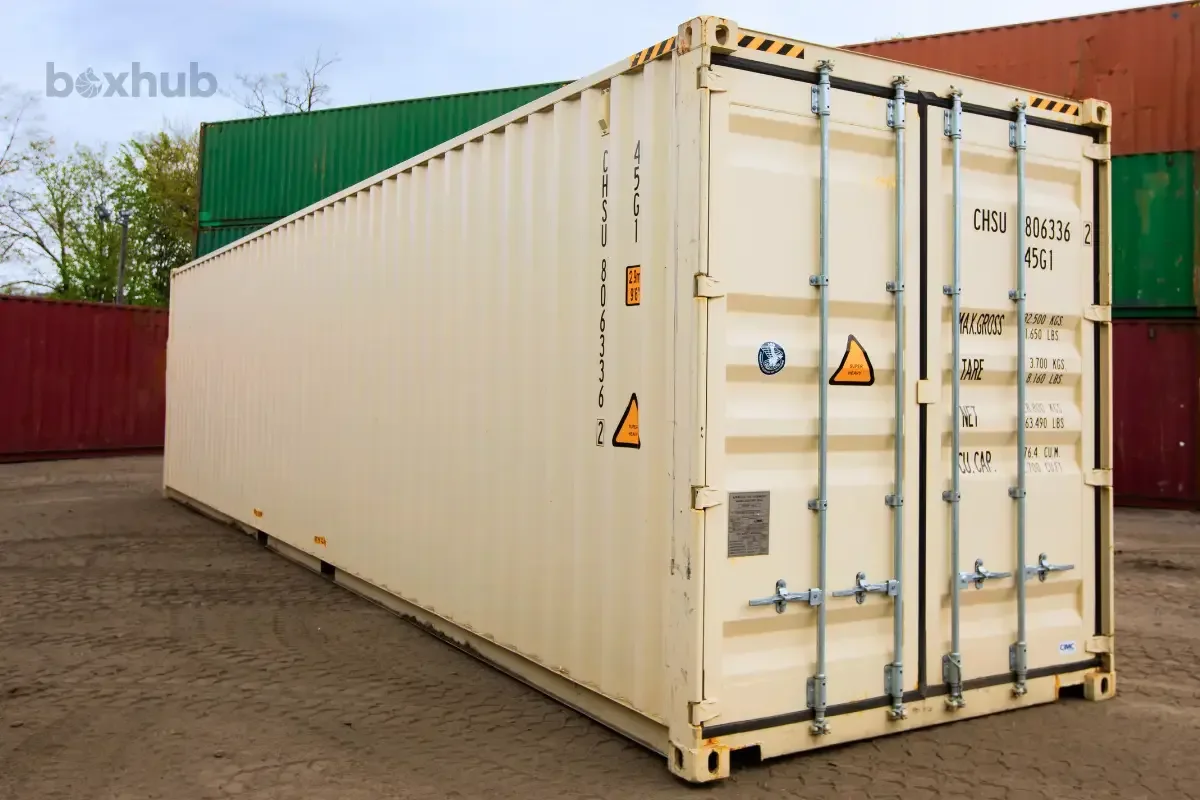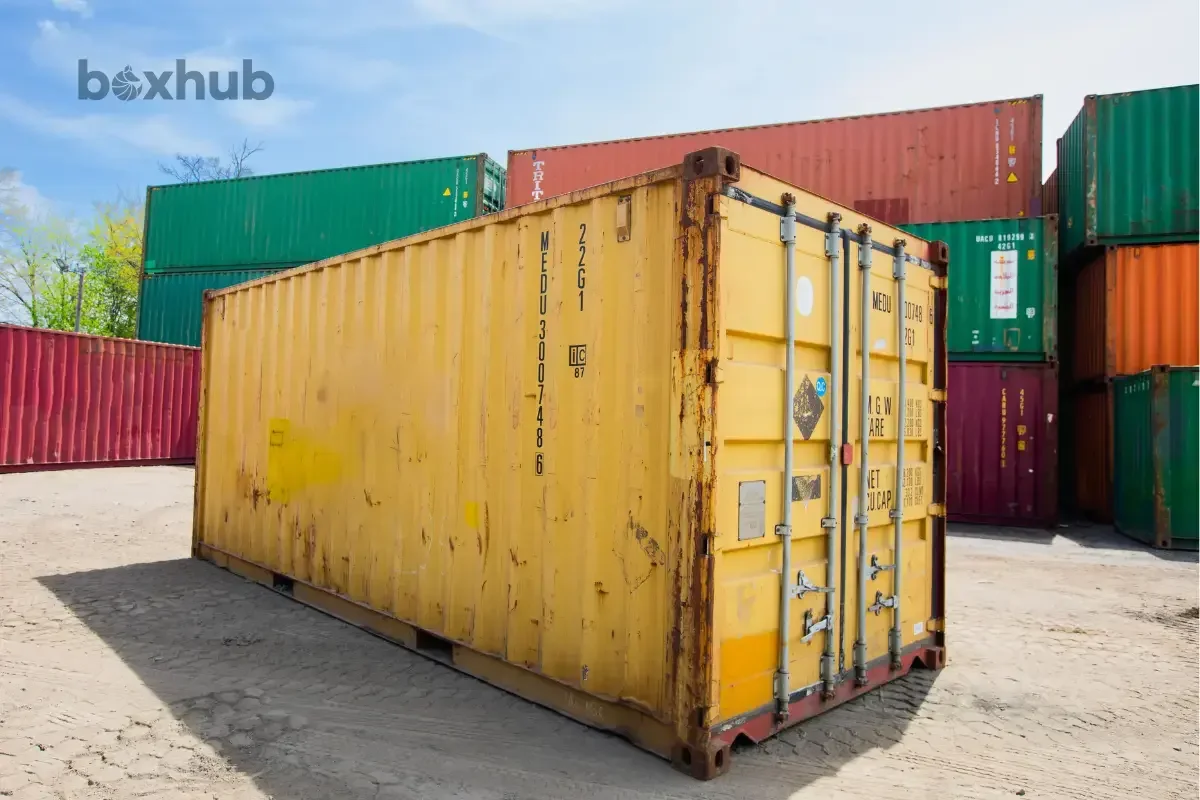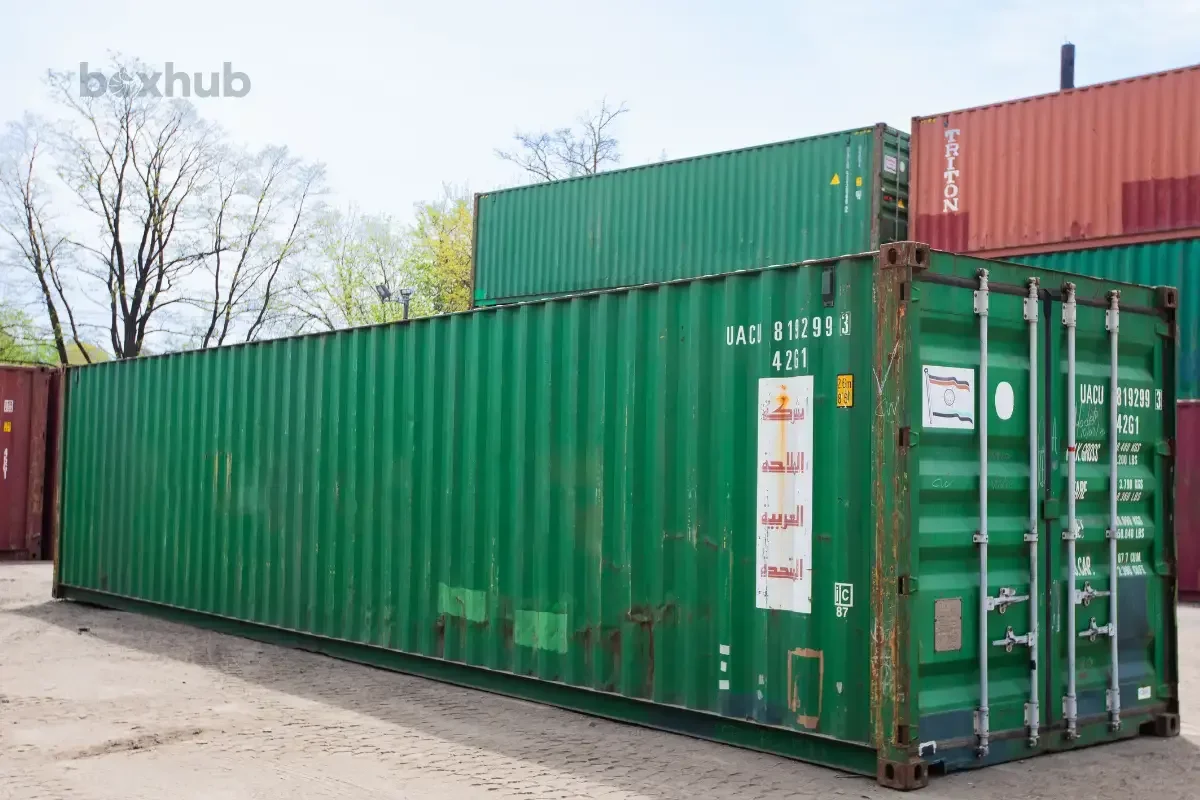Track my order
Shipping Containers for the Hospitality Industry


expedited shipping available

Trusted by thousands of U.S. businesses
Shipping containers, originally designed for transporting goods across oceans and continents, are now being transformed into unique and eco-friendly establishments. From mobile kitchens and pop-up bars to compact hotels and unique restaurants, containers are an excellent choice for businesses looking to reduce their environmental footprint while remaining cost-effective and sustainable.

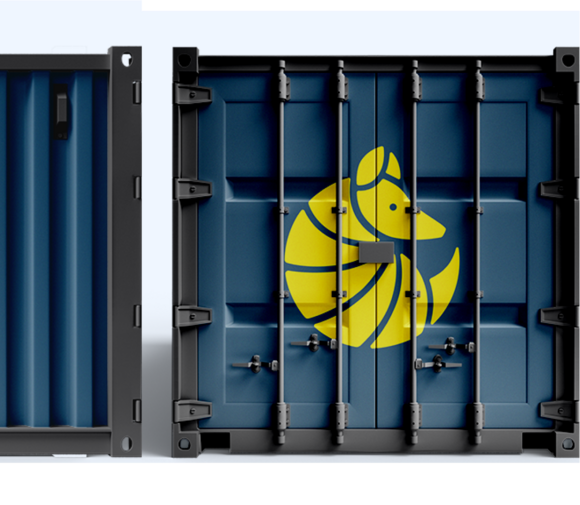

Thousands of happy customers have chosen Boxhub as their container supplier of choice.
















How can you use a shipping container in the hospitality industry?

- From pop-up restaurants and food markets to upscale eateries, shipping containers offer restaurateurs the chance to create a one-of-a-kind dining experience.



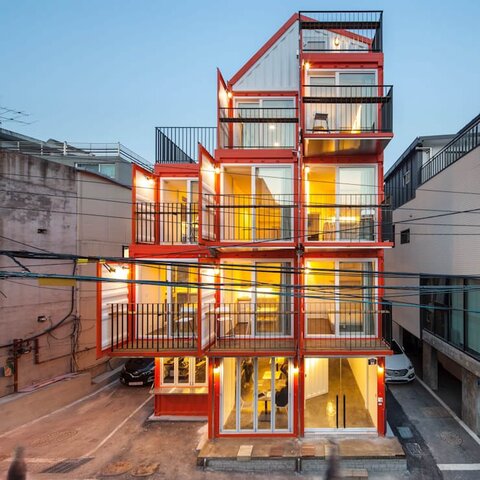




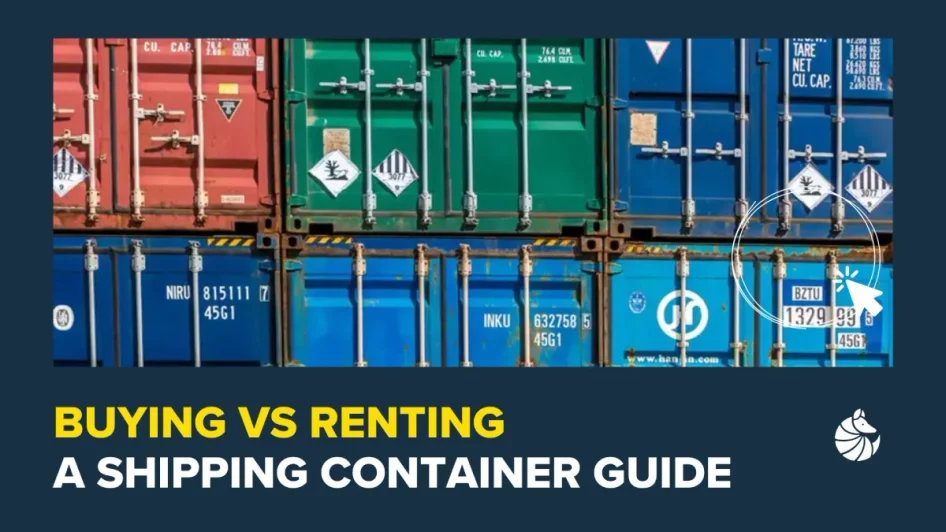
Explore the pros & cons of renting vs. buying a shipping container with our comprehensive guide.
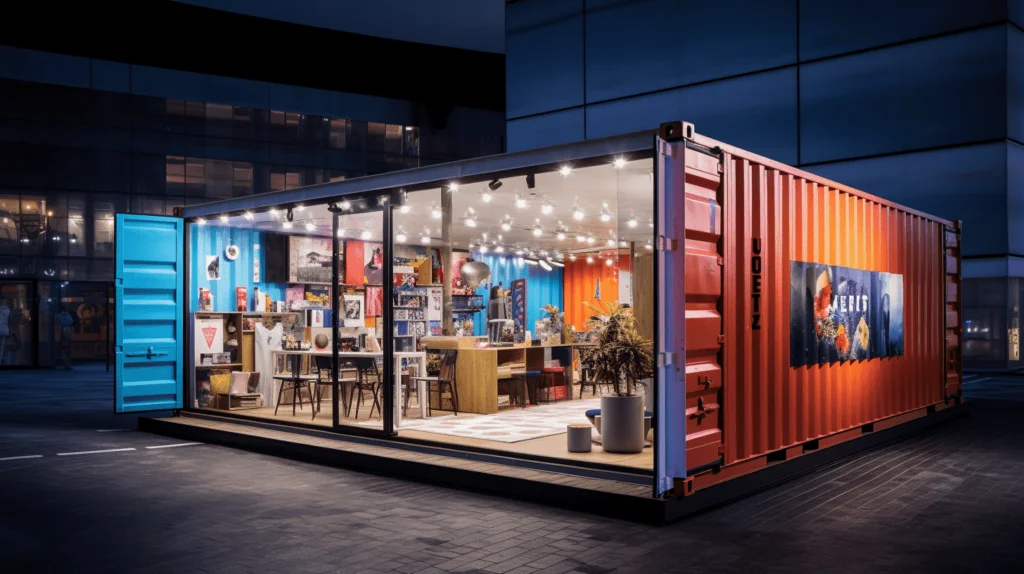

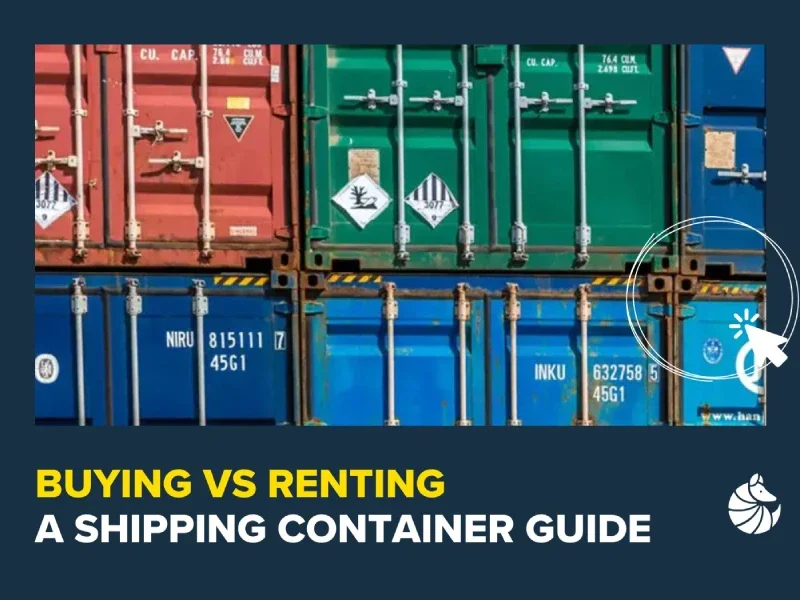

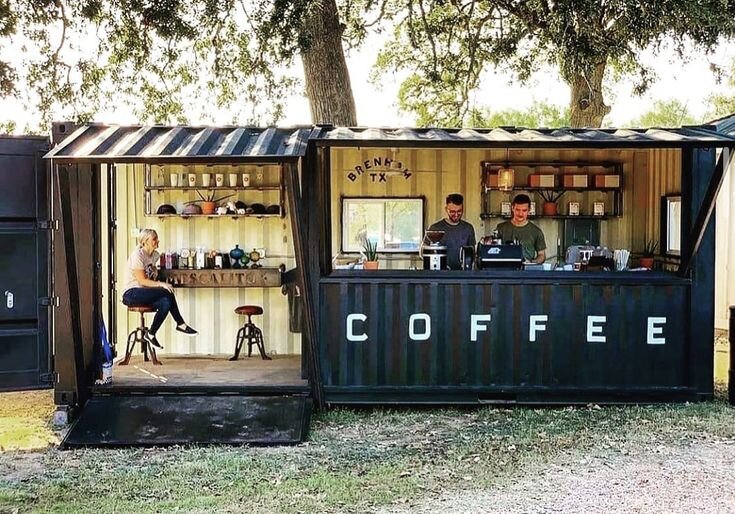

Shipping containers can be converted into commercial kitchens by adding insulation, modifying them with doors and windows, and installing equipment such as kitchen appliances and an HVAC system. Just as in a traditional brick-and-mortar building, it is essential to ensure compliance with health and safety regulations, including proper insulation and hygiene standards.
If you’re purchasing a container (or containers) to build a kitchen, starting with a container that’s still in fairly good shape is important. We recommend using new ‘one-trip’ containers as they show virtually no signs of wear and require no upfront maintenance. As the newest containers on the market, they also boast the most longevity. With the proper care, your container will likely give you many years of use without requiring costly repairs.
Regulations vary by location but typically you will need zoning permits, health department approvals, and building code compliance. We recommend consulting with your local Department of Building and Safety and obtaining all necessary permits and approvals before starting construction or operation.
Shipping containers come with two to four small vents fitted on their walls. These vents are designed to help the container adjust to pressure changes throughout the shipping process. While these vents provide a little ventilation for the shipping container, they might not be enough.
Depending on your location or what you’re using your container for, you may need additional or specialized ventilation to ensure your container and its contents remain safe and secure. Options include HVAC systems, exhaust fans, and natural ventilation through strategically placed openings or vents.
Whether you’re using your container for extra storage or as a commercial kitchen, here are some general tips to take care of your shipping container.
- Make sure your shipping container is placed on solid ground to prevent moisture from accumulating underneath it, protecting its structural integrity and keeping its base from becoming compromised.
- As with all hinges, the ones on the doors of your container should be properly lubricated at all times. This will keep them from sticking or bending when you open or close your container.
- If your container is located in a place subject to heavy snowfall or precipitation, it’s important to keep the roof clear to increase its lifespan and prevent warping, rusting, and corrosion.
- Remove any signs of rust as soon as you notice it. In most cases, you can use a commercial solution or light bleach to remove rust.
- Check your drain lines, plumbing connections, and electrical connections regularly to prevent costly repairs.
Continue Shopping
Loading cart




